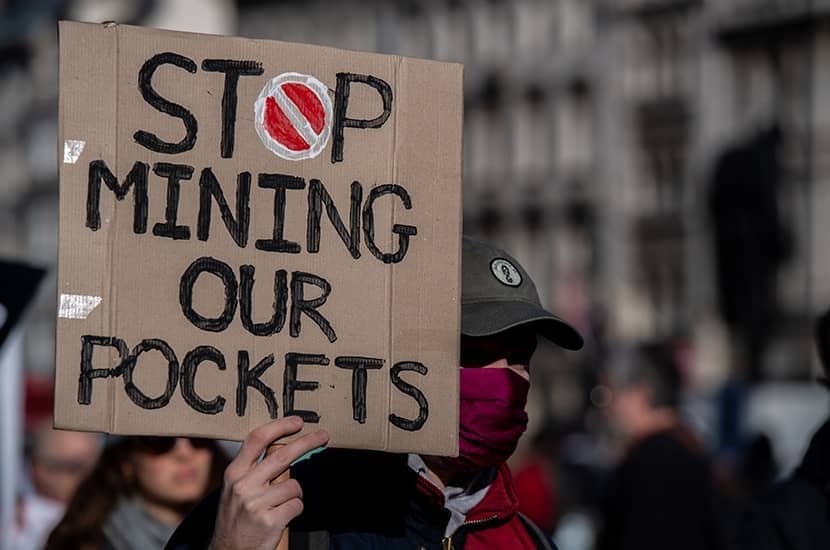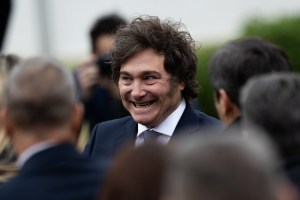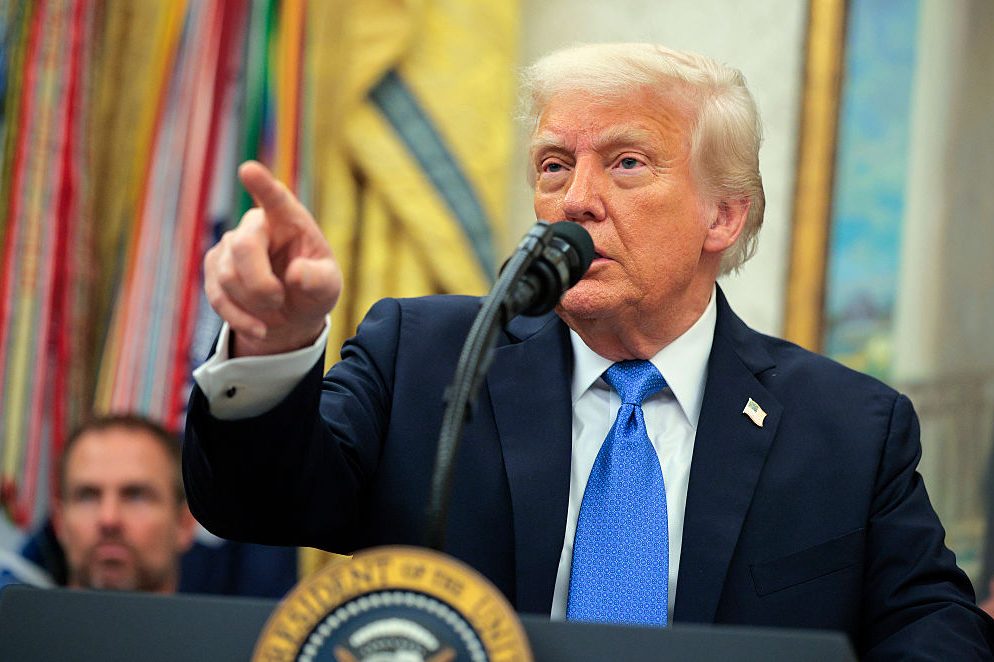OK, I finally watched Netflix’s Don’t Look Up. Surprisingly, I enjoyed it — especially before its effective subtitle for us thickos, THIS IS A METAPHOR FOR CLIMATE CHANGE, YOU F-ING MORONS. Otherwise, the film might have playfully dramatized the more general phenom of fiddling with celebrity bodices while Rome burns.
The comet at which I’m looking up could arrive far more immediately than perilous global warming. Money is in trouble. I’m not only referring to a cost-of-living crisis. Money itself is in trouble.
Let’s contemplate, to coin a phrase, a basket of deplorables. US inflation just hit 7.5 percent, the highest in forty years. EU inflation is 5.1 percent. UK inflation, now 5.5 per cent and the highest in thirty years, is expected to reach 7 percent by spring. All these indices are headed in one direction. Inflation is often described as a tax, but I have a better word for it: stealing.
Central banks will deliver us, right? Because controlling inflation is their main job, right? Except this cavalry is riding to the rescue on those miniature ponies that come up to your waist. The Fed’s lending rate is still 0.08 percent, believe it or not. Its fiscal Grand Poobahs plan to convene at their leisure a full month from now, perhaps to raise the rate to a giant 0.5 percent (or perhaps not). By the end of 2022, the Fed may raise rates all the way up to 1.5 percent! Dizzying, that. Although having raised its rate to that towering 0.5 percent more quickly, the Bank of England is likely to make the same miniature-pony increases as the Fed.
If you believe that central banks are genuinely independent of government, you probably still imagine in middle age that the packages under the Christmas tree when you were a kid were put there by a fat geezer in red felt and not your parents. Keeping interest rates absurdly low while allowing inflation to soar is such a commonplace of monetary deviousness that it has a name: fiscal repression. Heavily indebted governments adore inflation, though politicians will never say so in public; it so magically melts the debt that behind closed doors treasury secretary Janet Yellen must be doing a little dance.
Debt, then, is our next deplorable. Having doubled in the past ten years and quadrupled since 2005, the US national debt just crossed $30 trillion — a nice round number that’s pleasantly easy to remember, much like “130 percent of GDP.” Take advantage of the mnemonic convenience while you can. With the American government’s annual budget deficit pushing $3 trillion, those numbers won’t sit still for long, especially if Joe Biden ever passes his Build Debt Bigger bill.
The last deplorable might seem unlikely. On the face of it, recent losses notwithstanding, the American stock market is such a dazzling rags-to-riches fairy tale that it seems almost too good to be true. Easy to forget that “too good to be true” actually means “not true.”
The US has been enjoying its longest bull market in history. The Dow streaked from a low of about 6,500 in 2009 to a peak of 36,799 this January, thereby multiplying in value by between five and six times in thirteen years. Are all these companies making that much more stuff? The S&P’s wonky average price-to-earnings ratio — real earnings per share — suggests not. Surging stock prices have become dislocated from piddling (or sometimes nonexistent) real-world profits.
The FTSE has been dumpier, which may make British investors lucky. American investors have been lulled into imagining that markets only go up. But historical perspective can be bracing. The Dow didn’t recover from its 1929 crash for twenty-five years. The index also stayed basically flat for another twenty-five years, between 1960 and 1985. The only bull market comparable to today’s lasted nine years in the 1990s, and didn’t that end in tears.
Worse still, leverage — borrowed money in the market — has skyrocketed. Having doubled since the March 2020 crash, debt-based investment in US stocks has multiplied by five times since 2009 — precisely when interest rates were slammed to zilch and more or less stayed there. There’s clearly a direct relationship. When money is free, why not borrow to the hilt, throw it into stocks and make a fortune? But in any sudden market decline, leverage is an accelerant — forcing loads of investors to sell shares to cover their debts, and what’s gone up must come down very quickly indeed. If a comet hits the Dow, the blowback could send European trainers and family photographs into the stratosphere, too, just like the droll apocalypse in Don’t Look Up.
Capitalism plain does not work at zero or near-zero interest rates. The practice enshrines moral hazard, rewarding chancers while punishing the prudent, and it creates destabilizing economic distortions. Conducting this unprecedented “experiment” for most of the past twenty years, central banks have been pressing a pillow over rates while allowing bubbles to form in housing, commodities and stocks. The whole reason finance employs the metaphor “bubbles” — lately, “superbubbles”— is that they pop. The splatter is never pretty. The Fed and B of E have facilitated wild government spending of inflationary funny money, while forcing small-scale savers to put their precious assets at risk in unpredictable shares. (Remember our sexy friend Tina? There is no alternative.)
Central banks are now deliberately debasing our currencies, thus eroding the wealth of not merely billionaires, but ordinary workers and retirees. Never mind growing your nest egg; the ugliest discovery on finally putting aside a little something is how hard it is to keep.
This article was originally published in The Spectator’s UK magazine. Subscribe to the World edition here.

























